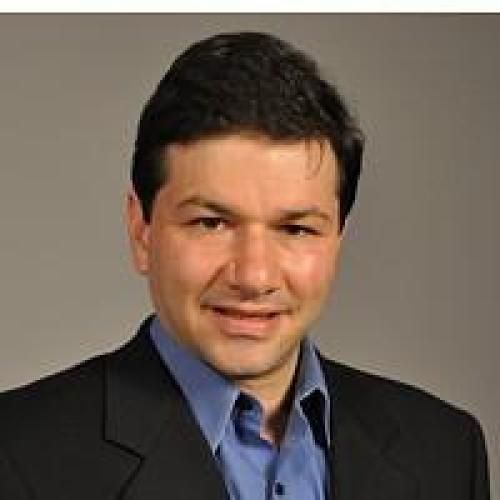Powerful and unpersuaded: The implications of power for confidence, advice taking, and accuracy
We investigate the relationships between power, confidence, and advice taking. In a field survey, working professionals from a variety of organizations provided self-ratings of power and confidence, and their advice taking behavior was rated by a set of their colleagues. Greater power was associated with less advice taking, and the mediating mechanism was elevated confidence. This pattern was replicated in an experiment, where a power prime increased participants' confidence in their initial judgments, which in turn reduced the extent to which they revised their judgments in the direction of an advisor and resulted in lower final accuracy for higher power individuals. Power can thus exacerbate the tendency for people to overweight their own judgment, such that the most powerful decision makers can also be the least accurate.

